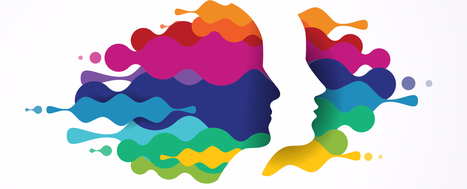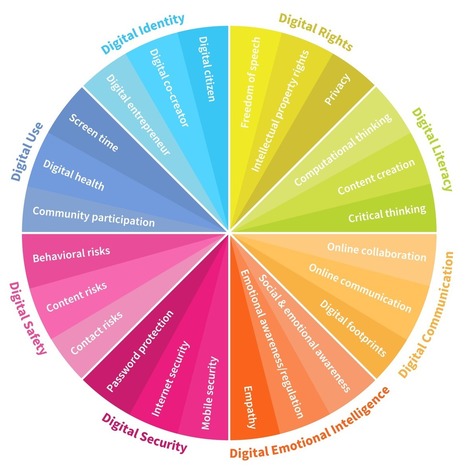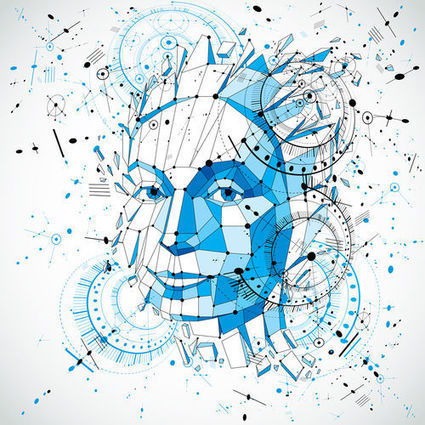In her early teaching years, Wanny Hersey learned how hands-on projects—which would eventually become known as “making”— could engage and motivate her English students like nothing she’d seen before. She’d witnessed the heartbreak of watching a one-size-fits-all education system fail to engage students who needed it most. And the joy of nurturing students’ natural desire to solve problems and create.
Design thinking gives purpose to making. It's a problem-solving, action-oriented, human-centered process that we engage in to assist our students in their journeys as makers.
These experiences as a teacher and administrator inspired her to found Bullis Charter school—with both her past and future students in mind. The award winning K-8 public school is focused on design thinking, making, and project-based learning—all of which Wanny believes engage children, and grow their natural curiosity.
Wanny spoke to EdSurge about how making builds empathy, why it’s important to compensate teachers for continuously learning, and her advice for administrators who want to drive change through design thinking.
Learn more / En savoir plus / Mehr erfahren:
http://www.scoop.it/t/21st-century-learning-and-teaching/?&tag=Design-Thinking
https://gustmees.wordpress.com/2014/10/03/design-the-learning-of-your-learners-students-ideas/
Via Gust MEES



 Your new post is loading...
Your new post is loading...




















In her early teaching years, Wanny Hersey learned how hands-on projects—which would eventually become known as “making”— could engage and motivate her English students like nothing she’d seen before. She’d witnessed the heartbreak of watching a one-size-fits-all education system fail to engage students who needed it most. And the joy of nurturing students’ natural desire to solve problems and create.
These experiences as a teacher and administrator inspired her to found Bullis Charter school—with both her past and future students in mind. The award winning K-8 public school is focused on design thinking, making, and project-based learning—all of which Wanny believes engage children, and grow their natural curiosity.
Wanny spoke to EdSurge about how making builds empathy, why it’s important to compensate teachers for continuously learning, and her advice for administrators who want to drive change through design thinking.
Learn more / En savoir plus / Mehr erfahren:
http://www.scoop.it/t/21st-century-learning-and-teaching/?&tag=Design-Thinking
https://gustmees.wordpress.com/2014/10/03/design-the-learning-of-your-learners-students-ideas/